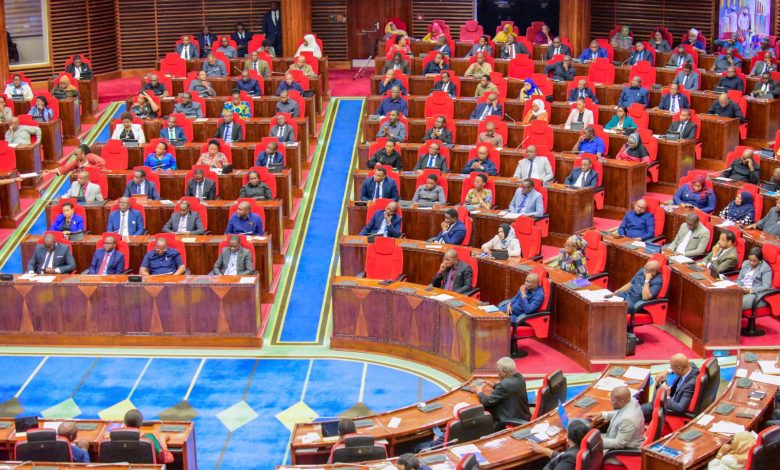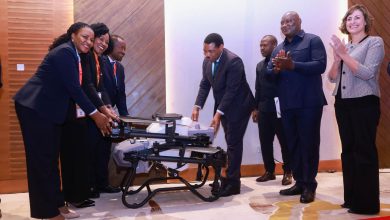VISION 2050: Bunge to set ball rolling

DODOMA: AHEAD of the presentation of the National Development Vision 2050 in the National Assembly on Thursday, experts are optimistic the new blueprint will prioritise enhancing value addition, fostering local innovations and strengthening entrepreneurship to build a truly inclusive economy.
They anticipate that Vision 2050 will integrate research and development (R&D) with industrial growth to boost value chains and strengthen small businesses for the benefit of all Tanzanians.
According to experts, despite consistent growth, the country’s economy has averaged under 6 per cent over the past two decades, mainly due to the continued export of raw materials and the limited contribution of the agricultural sector to the Gross Domestic Product (GDP).
Calling for a dedicated Ministry for Small and Medium Enterprises (SMEs), academics stressed the importance of empowering informal businesses that, if properly supported, could produce more local millionaires and billionaires and expand the national tax base.
The expert comments come as the government prepares to table the Vision 2050 document in august House on Thursday.
This ambitious framework is expected to guide Tanzania’s development for the next 25 years.
Speaking at the Public Service Week exhibitions at Chinangali Grounds in Dodoma, Permanent Secretary in the President’s Office (Planning and Investment), Dr Tausi Kida confirmed the draft is ready for parliamentary scrutiny.
“If approved, it will be officially launched by President Samia Suluhu Hassan,” she said.
Dr Kida added that the Vision aims to position Tanzania as a competitive, inclusive and economically resilient nation, with a clear roadmap for achieving shared aspirations.
“We’re finalising the Vision 2050 document and once passed, it will serve as a national development guide for decades to come,” she noted, adding that the Vision will be supported by a long-term implementation plan to translate high-level goals into measurable outcomes, including the ambition to transform Tanzania into a trillion-dollar economy.
“A robust implementation framework is crucial to ensure we deliver the desired outcomes,” she stressed.
ALSO READ: Bunge team calls for speedy works on Social Welfare’s infrastructure
Commenting, an economist from the Ministry, Mr Octavian Ruta, underscored the crucial role of the private sector, especially local investors, in driving the 2050 agenda.
“Investment policies have been revised to prioritise productivity and job creation, regardless of the investor’s origin,” he said.
Dr Hildebrand Shayo, an economist and investment banker, noted that the agro-value addition sector remains disconnected from R&D institutions.
“Barriers include the shortage of post-harvest specialists and poor knowledge transfer from research stations to extension agencies,” he said, adding that strong extension and training systems are essential to improve capacity and market responsiveness.
He also emphasised that mining and agriculture, if paired with sound macroeconomic policies, could push per capita income growth by 2 per cent, especially if fiscal deficits are contained as planned.
“To realise the Vision 2050, we must strike a balance between economic growth, social inclusion and environmental conservation,” he noted.
On his part, a business and entrepreneurship expert, Dr Sylvester Jotta said the new Vision should prioritise creating strong, wellcoordinated institutions for Small Medium Enterprises (SME) development and undertake a review of all existing parastatal organisations to assess their relevance,” he said.





